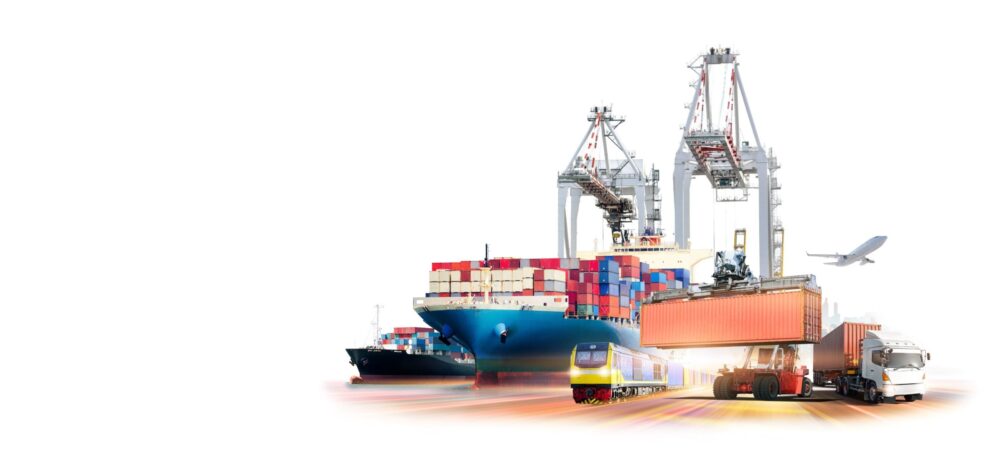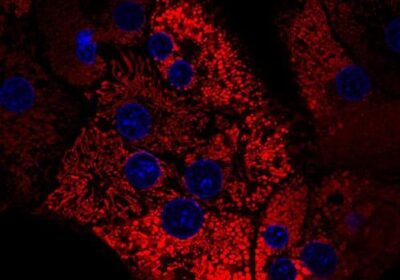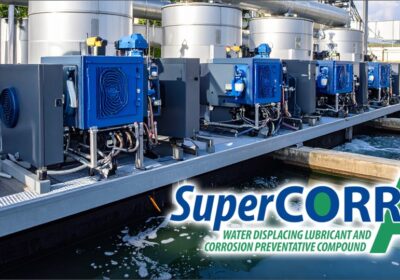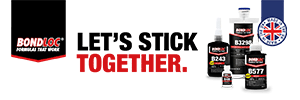~ How tailored kits cut procurement time, minimise errors and speed up assembly across industries ~
Modern industries like aerospace, defence, agriculture and industrial automation rely on complex and interconnected supply chains. To source components like connectors and cables, many businesses have to juggle multiple suppliers, fragmented orders and even unpredictable lead times. Here, Daniel Cross, UK and Ireland country sales manager at connector distributor PEI-Genesis, explains how custom packaging and kitting streamline procurement, reduce errors and accelerate assembly by delivering the right parts in one organised bundle.
A McKinsey study found that aerospace executives noted an 18-fold increase in supply chain shortage concerns between 2014 and 2022, underscoring growing procurement complexities across the sector.
Tackling procurement complexity
One major challenge faced across sectors is fragmented procurement. When critical components must be sourced from multiple vendors, the administrative burden quickly escalates. For example, a precision agriculture company could typically spend days navigating complex procurement processes, handling fluctuating prices over different components and late deliveries.
Aerospace and defence manufacturers face similar hurdles, with strict quality controls amplifying the consequences of even minor procurement errors. A recent news analysis found that defence supply chains have become increasingly vulnerable. It also highlighted that current disruptions are significantly impacting US weapon production and national security.
In addition to wasting time, this fragmentation reduces a company’s ability to quickly adapt to shifting market demands. This can damage project timelines and profitability.
Strategic benefits of custom kitting
Custom packaging and kitting are proving increasingly popular because they directly address these procurement inefficiencies. Organisations can streamline their ordering process and reduce administrative time by consolidating components like connectors, cable ties, protective boots and other accessories into a single kit. Procurement tasks that once took hours or even days can now be completed in minutes.
Tailored kits also reduce assembly errors and equipment downtime by ensuring that all essential parts arrive together. This method supports scheduled forecasting, meaning suppliers can stock items based on anticipated usage, which improves inventory management and reduces the risk of costly delays due to missing or late components.
Another advantage lies in simplifying large-scale projects. Sectors that require field deployment, like defence and industrial automation can benefit from pre-assembled custom kits that arrive ready for immediate use. In aerospace, custom kitting has streamlined operations in aircraft assembly lines by grouping necessary components into easily accessible, pre-organised kits.
A pathway to sustainability
Kits aren’t just about efficiency, they offer tangible sustainability benefits. Packaging waste and shipping-related emissions can be slashed by consolidating products into fewer shipments. This means fewer wasted materials, reduced inventory storage requirements and lower logistics costs.
With global markets becoming more and more sustainability-focused, these solutions align with corporate responsibility initiatives and increasingly stringent regulatory requirements. Industries like aerospace and defence are particularly active in this area, increasingly prioritising eco-friendly innovations and sustainable supply chain practices as strategic goals.
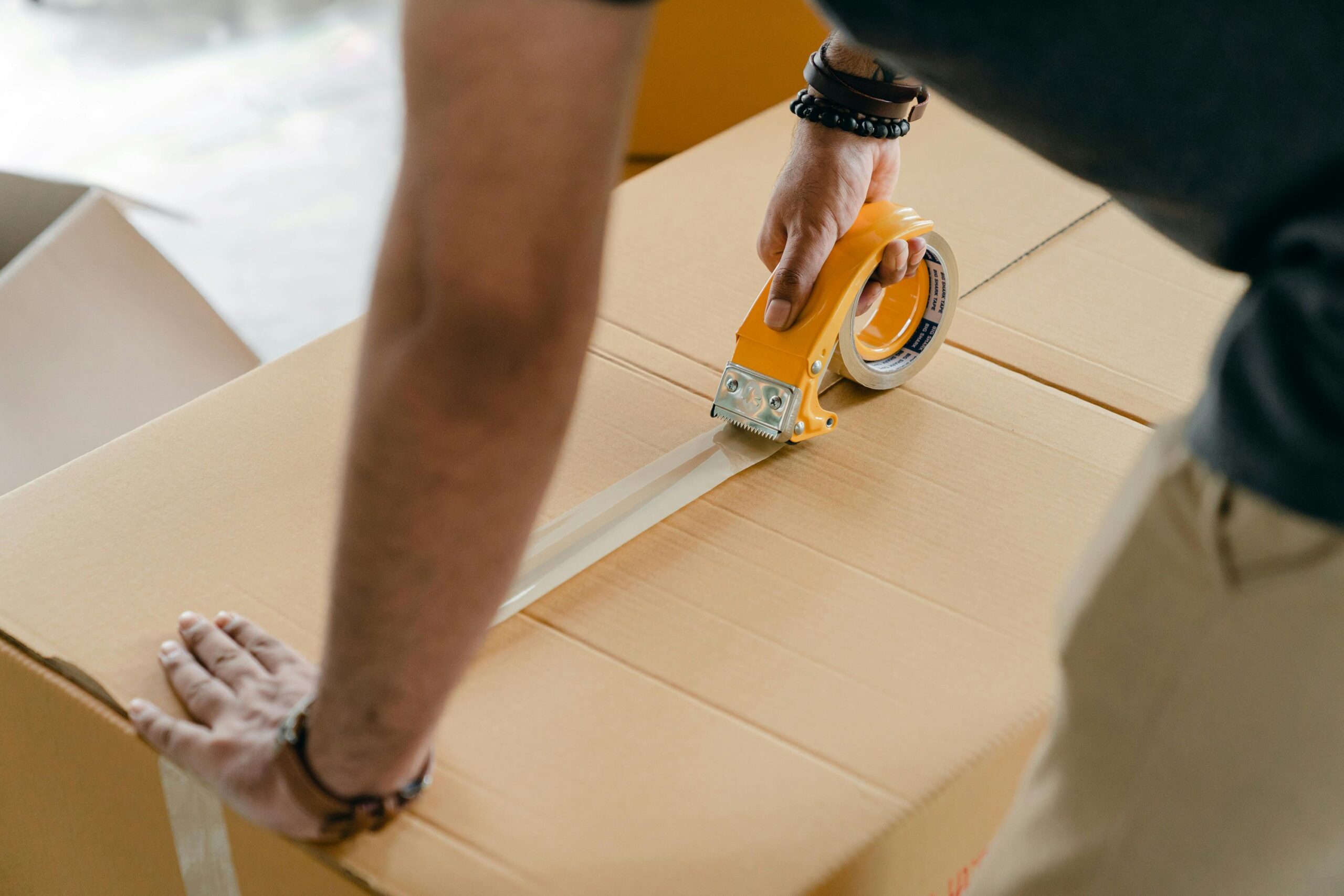
Real-world impacts
The positive impacts of custom kitting are already clear. For example, Tillet and Hague Technology (THT), a precision agriculture company, streamlined its connector procurement by adopting tailored kits supplied by PEI-Genesis. Before this switch, its procurement tasks regularly took several hours, and often days, to complete. Custom kitting reduced this to roughly ten minutes per order, which equated to around three full days every five months.
THT also scaled its production from 100 units annually to over 1,000, achieved primarily through more efficient procurement processes. The cost savings were equally impressive, with reduced shipping fees and stable pricing resulting from consolidated ordering.
These impacts are not exclusive to agriculture. Similar benefits are achievable in defence, aerospace, energy and industrial automation.

Custom packaging and kitting is step forward in tackling modern supply chain challenges. As industries grapple with increasingly complex procurement, growing sustainability pressures and escalating efficiency demands, tailored kits provide a smart, practical solution.
For sectors looking to build resilient and future-ready supply chains, adopting custom kitting could well become standard practice. To learn more about how tailored solutions can support your operations, visit www.peigenesis.com.

